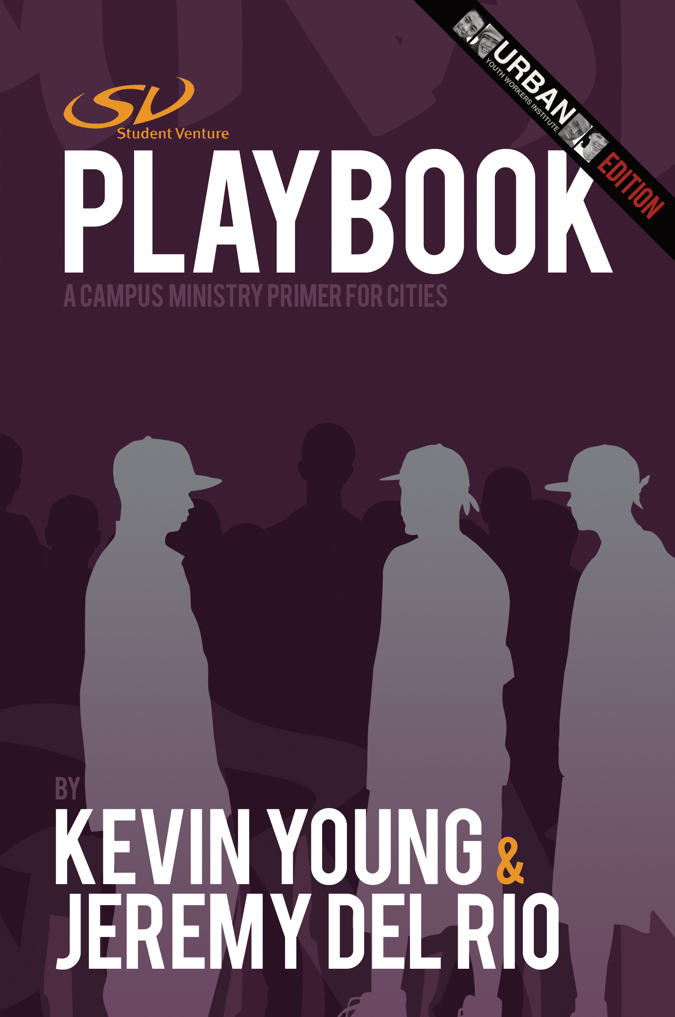Beyond the Noise: Worship and Justice
[Originally published in Tri-State Voice
in October 2008]
Those Old Testament prophets sure know how to jab us where we’re comfortable. Every time I read this passage, for example, I can’t help but wonder whether Jesus would sing a different tune if he physically showed up to a stylized evangelical worship experience—a tune that sounds more like what his Spirit inspired Amos to write than what echoes inside our churches on Sundays:
“I can't stand your religious meetings. I'm fed up with your conferences and conventions. I want nothing to do with your religion projects, your pretentious slogans and goals. I'm sick of your fund-raising schemes, your public relations and image making. I've had all I can take of your noisy ego-music. When was the last time you sang to me? Do you know what I want? I want justice—oceans of it. I want fairness—rivers of it. That's what I want. That's all I want†(Amos 5:21-24, The Message)
That passage messes with lots of evangelical tradition, far more than there’s space in this column to explore. But what of the "noisy ego-music" Amos references - that of the "I'm blessed, be blessed" variety - that consumes much of our church time? Is it possible that we have become so focused on what we can get from God for ourselves that we have forgotten that the point of His blessing is to love Him well and others sacrificially?
After a recent reading of Amos 5, worship pastor Louis Carlo of Abounding Grace Ministries, asked, “Is it possible for our worship leaders to move beyond figuring out what song will we sing and move instead to where we ask, ‘What song will we live’?†He continued, “We are God’s workmanship; His poema, a masterpiece; the song of the redeemed made flesh.â€
Pastor Louis’ reflection reminded me of a popular worship song:
“When the music fades and all is stripped away / and I simply come / longing just to bring something that’s of worth / … I’ll bring you more than a song. / For a song in itself is not what you have required / … Though I’m weak and poor, all I have is yours.â€
The power of the worship song is to compel a lifestyle of worship as sacrifice. But when the music fades, will “Christian†music permit authentic worship?
In one of the most courageous acts of song-led worship I’ve ever experienced, Pastor Lou forced me to confront this very question.
Five years ago after a youth retreat talent show, late on a Saturday night at a farmhouse in upstate New York, Pastor Lou stopped singing the scheduled songs; silenced the instruments; and instructed a room full of 50 inner city teens to quietly listen for the still, small voice of the Holy Spirit. Then he stood up from behind the keyboard, walked off the stage to the back of the room, and knelt face down to pray.
A genuine hush filled the room. The kind you expect at a graduate school library, not a high school youth meeting. For five or ten minutes, perhaps longer, not a single teenager stirred. Then someone sniffled. Then another. Muffled cries began to echo. The floodgates opened, and one by one guys and girls alike began to sob. Heart wrenching wails filled the room.
I was the youth pastor in charge but felt, frankly, way out of my league. Tearjerkers are far beyond my comfort zone. With few exceptions, no one’s ever accused me of emotionalism.
But following Louis’ lead, I knew worship demanded courage and maybe even my discomfort.
During a lull in the sobbing fifteen minutes or so later, I invited the youth to disclose what God had told them. (If prayer is meant to be a conversation with God, perhaps we should talk less and listen more.)
One girl jumped to her feet and nearly rushed the stage. With her body visibly shaking and tears still streaming down her cheeks, she shared about how she’d been sexually abused by a relative as a little girl. A second girl embraced her, and told a similar story. Then a twenty-something youth leader embraced them both, and said that her abuser had been her stepfather.
Then a guy came up, nearly buckled over in agony. He confessed that as a pre-teen he had done to another little girl what their abusers had done to them. He clutched me, and we embraced for what seemed like half an eternity.
Well into the early morning hours, vulnerable teens were still confessing sins, exposing wounds, and comforting friends that needed healing. To this day, I’ve never experienced anything quite like that night. The trigger was a courageous youth worshipper who dared defy conventions and shift our affection from ourselves to God and those around us.
When we stopped singing about being blessed, and instead focused on Almighty God and the neighbors he invited us to love, He actually spoke. This child of poverty brought shalom to that place, and with it favor that exchanged beauty for ashes, sight for blindness, and freedom from oppression (Isaiah 61:1-7).
For He whom our lives worship, loves justice (Isaiah 61:8).
Jeremy Del Rio, Esq. consults churches and non-profits on youth culture, community development, and social justice. Visit his blog at www.JeremyDelRio.com.

 Welcome to the professional website and personal weblog of Jeremy Del Rio. Whether you're a client, friend, or curious onlooker, please don't stay a spectator. Engage the conversation. Your contributions matter here.
Welcome to the professional website and personal weblog of Jeremy Del Rio. Whether you're a client, friend, or curious onlooker, please don't stay a spectator. Engage the conversation. Your contributions matter here.

















